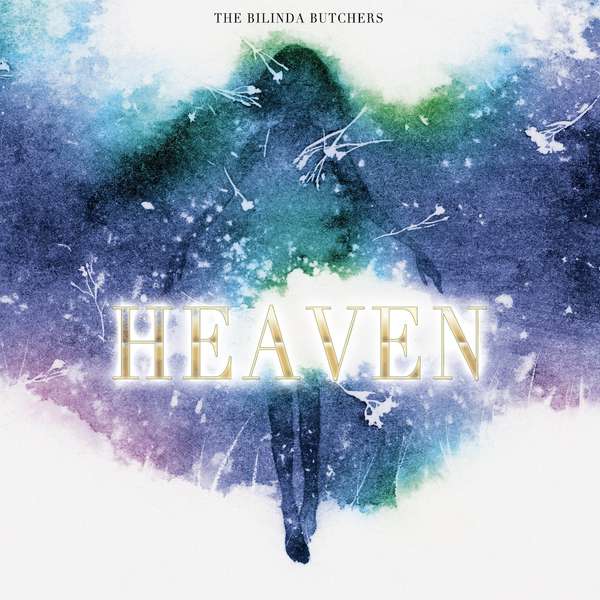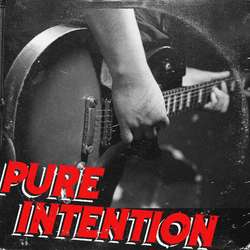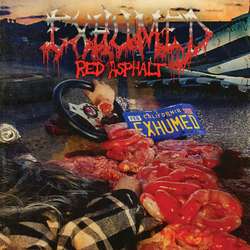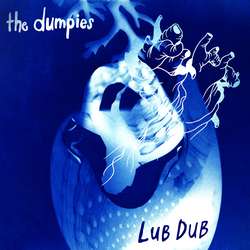Following a handful of shorter releases, San Francisco three-piece The Bilinda Butchers (named after the guitarist/vocalist from My Bloody Valentine and made up of Michal Palmer and Adam Honingford who alternate on vocals, bass, guitar and synth, as well as drummer Ryan Wansley) released their full length debut in mid 2014 and in doing so, followed through on the potential shown in their earlier work in a big way. A concept album centered around the fictitious diary of a married Japanese woman named Nakajima Ume who finds new meaning to her life after falling in love with a young poet, Heaven captures the feelings of adoration between these two characters, and eventually details a tragic set of circumstances (namely the death of the poet and the woman’s subsequent suicide) that bring the doomed lovers back together. While revealing details of this story, the band also puts forth a gorgeous and lush variety of compositions that frequently are built around downright catchy melodies. To put it simply, Heaven is the neo-shoegaze album that fans of the genre will have been waiting for for quite some time.
Made in collaboration with various other performers who provide guest vocals on several of the tunes, Heavenbegins with a track in opener “Ume” that plays like a sugary sweet love song with gliding, delicate vocals that recall Kevin Shields’ work with MBV. The addition of Japanese dialogue (spoken by Juri Nakashima) during the piece’s ethereal beginning sets up the underlying concept of the album, and the moderately-paced track also boasts concise guitar work and impressive production. The more uptempo “Less Than” sounds like the type of retro pop that the Olivia Tremor Control might write, bright and cheerful with continual forward momentum. The more electronically-based instrumental “Old Style Amami” leads nicely into the extremely catchy “Shadow Beat,” which features slightly robotic vocals. This hazy, very romantic track has a gnarly and loud chorus that takes things to another level and is about as genuine a dream pop song as one will find nowadays.
The rhythmically dynamic “Golden House” borrows some of the retro-sounding electronic elements of chillwave, with female vocals from Sarah Psalti that are ripped straight out of the ‘80s. It’s with the sixth track “New Style Askashi” that the mood of the album starts to come out of the cloud, if only temporarily: this track ends with a particularly somber Japanese-language monologue. Pushed along by a punchy disco beat, subsequent track “The Lover’s Suicide” is a perfectly constructed piece of guitar-driven indie pop while “Tanka” has a smoky, more trip-hop-inspired sound with popping rhythm elements and breathy main vocals. Towards the end of the piece, Beach Boys harmonies and childlike, anime vocals show up to accentuate the sense of forbidden longing and desire expressed in the track. “Edo Method” not only replicates the sound of classic, early ‘90s shoegaze, but also sounds remarkably similar to The Smashing Pumpkins of the Gish/Siamese Dream era, existing as a final moment of triumph before “The River Sumida” suggests a letting go of all earthly concerns. Following the warm, enveloping mood piece “Golden House 2,” “Heaven Holds a Place” plays like the saccharine end title music from an anime but is rather bittersweet in terms of its lyrics and themes. Nevertheless, the song provides a peaceful conclusion to this transcendent, dreamy album.
In the way it goes about telling its story of doomed lovers, Heaven reminds me quite a bit of the debut album from folk musician Ramona Cordova: there is a story here that shines through if one pays attention, but it’s told in such an idiosyncratic manner. that most listeners will rightfully be caught up in the enthralling individual songs rather than trying to understand the bigger picture of what’s going on here. Either way, The Bilinda Butchers have truly outdone themselves with this work: though the second half loses a bit of steam, Heaven stands as a magnificent, emotionally resonant album that truly has a little something for everyone in terms of its variety of songs. In terms of its songwriting and production, the album is outstanding, particularly during its middle stretch, and I’m almost convinced that this is the best damn thing that’s been released all year. Without doubt, it’s an album that deserves more recognition than it has received: highly recommended.




